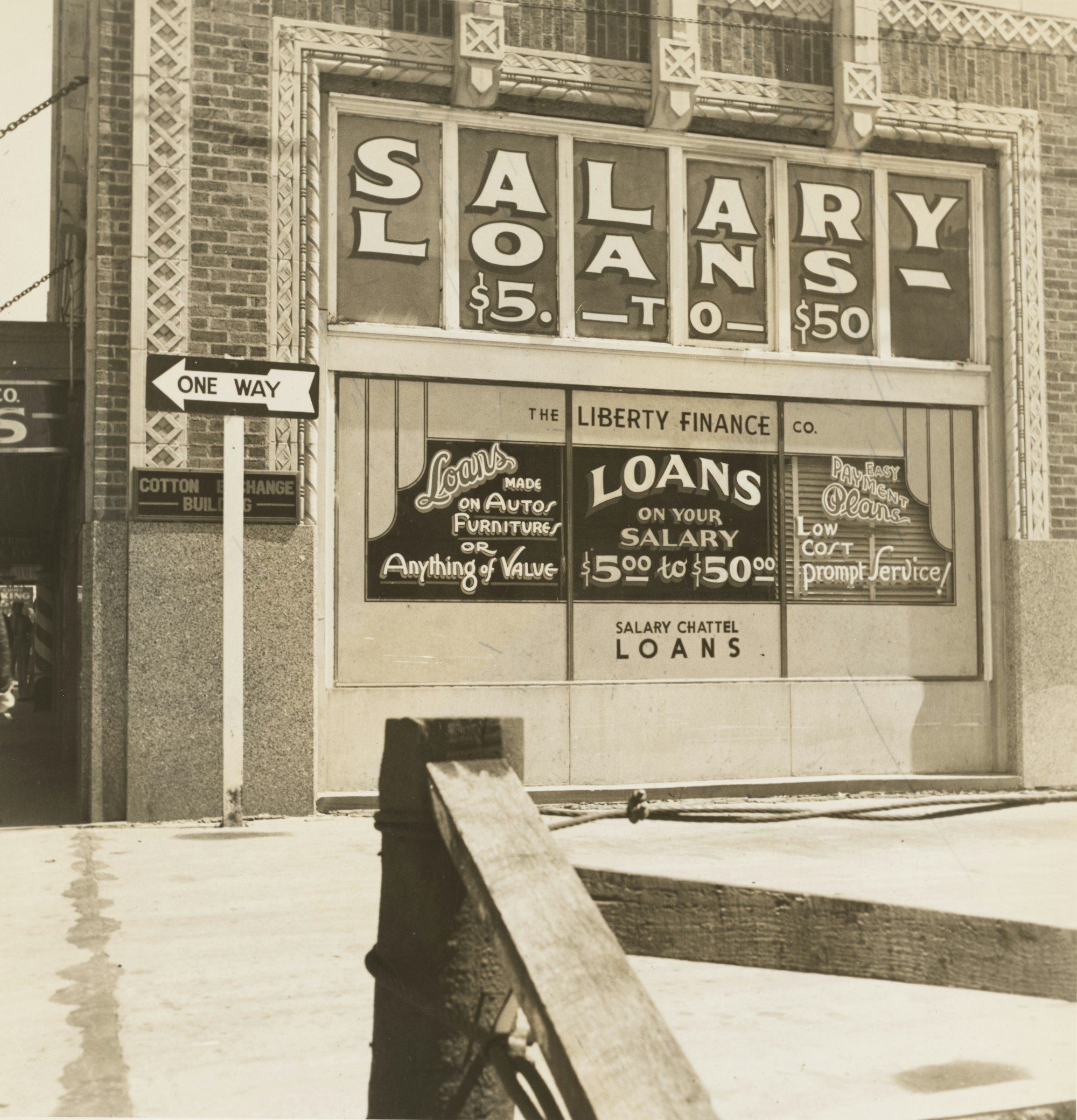It's Expensive To Be Poor

As much as we would like to believe that our banking system equally serves all of our people, it very blatantly does not. According to a study conducted by the FDIC in 2017, approximately 25% of US households were considered unbanked or underbanked. Meaning that they either did not have a bank account or did but still had to rely on alternative banking solutions like cash checking services. The lack of resources and access to proper financial institutions leaves millions of Americans stuck in an endless cycle of poverty.
The cost of poverty is high and unfair in the US. Low-income households are constantly exploited by the alternative banking institutions they are reliant on. For example, retailers can and will charge up to TWELVE percent to cash a check worth up to $1000 and payday loans will collect anywhere from $10 - $30 for every $100 borrowed. The rates can vary from state to state but the fact that people are being exploited through them stays the same. This raises the question of why don’t they just open a bank account and avoid this?
Well... When you open a checking or savings account you are typically required to put down a minimum deposit as well as maintain a minimum amount in your account at all times. An option that ‘surprise’ isn’t viable for those who are living paycheck to paycheck and whose income is extremely volatile. Actually, it was stated in that same survey conducted by the FDIC in 2017 that over 50% of people named not having enough funds to keep in the account as their number one reason for being unbanked. So, instead of providing people with affordable and sustainable banking options, we leave them to dig a deeper hole into poverty by using these alternative solutions.
Even if we were able to provide low-income households with viable banking solutions, would they be willing to use it? The same study cites that 30% of the unbanked population would not due to their distrust with banks. The distrust runs deep but, can we blame them? To the masses, it seems that banks care about one thing and that’s money. It would be extremely difficult for someone with so little to put their entire life savings in the hands of someone who does not know them, does not care to know them, and to be honest probably does not care what happens to them. I’m not trying to say banks are the big bad wolf but, can you see why someone would choose not to trust an institution only after your money?
There is a desperate need to provide affordable and convenient banking services to everyone in our country. The system and solutions in place now are not set up to work in anyone’s favor except the rich, and the unfortunate truth is that it won’t change overnight. What we can do in the meantime though is to improve financial literacy across all boards. We can teach it to our youth in school, to our employees, our friends, and neighbors. If we can improve financial literacy throughout the country I believe we might be able to help flatten the curve of unbanked households. There’s power in knowledge, so let’s take it back.
Ciao!
Free resources to help with your financial literacy journey:
- Covers topics from debt, retirement planning, to investing.
- Designed by the Federal Financial Literacy and Education Commission to cover the basic tips on managing your finances.
- It provides numerous resources for adults, children, and teachers to use towards improving financial literacy.
- They offer a wide variety of courses designed to help you with finances as well as finding a job and completing your GED.
